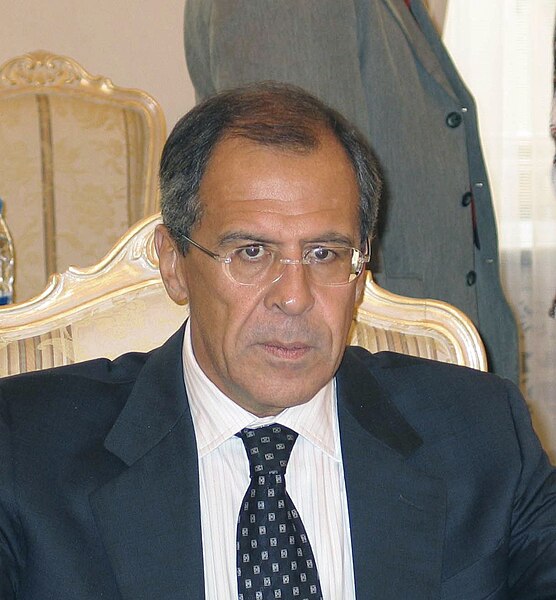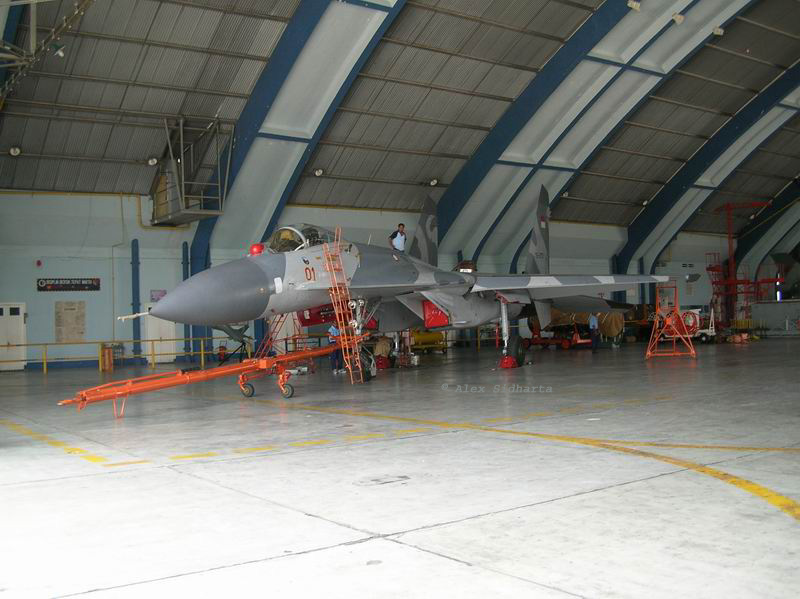Re: The Rise of the Russian Empire: Russo-Armenian Relations
Berezovsky wants "orange revolution" money back from Ukraine

September 3 (RIA Novosti) - Boris Berezovsky, the fugitive Russian oligarch, is suing Ukrainian politicians for nearly $23 million he says he provided to fund the country's 2004 "orange revolution," Ukrainian justice authorities said Monday. The London-based businessman, who has a British passport, has filed a suit against Oleksandr Tretyakov and David Zhvaniya, parliamentarians from the pro-presidential Our Ukraine-People's Self-Defense bloc, with the High Court of England and Wales, the Ukrainian Justice Ministry said. Berezovsky, 61, accused the two politicians, who have been summoned to court September 5 to receive subpoenas, of misusing the money he allocated for what he called the development of democracy. The "orange revolution" was a popular bloodless uprising in Ukraine that brought pro-Western President Viktor Yushchenko to power following a controversial run-off election November 21, 2004, that declared pro-Russian Viktor Yanukovych the victor. Tretyakov is a former presidential aide, and Zhvaniya was emergencies minister in 2005. Berezovsky, who is wanted in Russia on charges of fraud and a coup attempt, said he transferred the money to the accounts of Yushchenko's relatives, who have denied the allegations. Berezovsky said he would sue them as well.
Source: http://en.rian.ru/russia/20070903/76264554.html
************************************************** *****************
This is what happens when you take money from a "Jude"
On a side note: With the Nazi era "Jude" label upon his image this vile criminal, who along with many of his kin are essentially responsible for much of Russia's post-Soviet pains, is accurately being associated with Europe's Joo elite/establishment during the Nazi era. With this accurate association we can now understand what Germans at the time went through, perhaps even on a much grander scale.

Nazi Era Propaganda Poster - The Wandering Joo

Modern Era Image From London - The Wandering Joo
Armenian
Berezovsky wants "orange revolution" money back from Ukraine

September 3 (RIA Novosti) - Boris Berezovsky, the fugitive Russian oligarch, is suing Ukrainian politicians for nearly $23 million he says he provided to fund the country's 2004 "orange revolution," Ukrainian justice authorities said Monday. The London-based businessman, who has a British passport, has filed a suit against Oleksandr Tretyakov and David Zhvaniya, parliamentarians from the pro-presidential Our Ukraine-People's Self-Defense bloc, with the High Court of England and Wales, the Ukrainian Justice Ministry said. Berezovsky, 61, accused the two politicians, who have been summoned to court September 5 to receive subpoenas, of misusing the money he allocated for what he called the development of democracy. The "orange revolution" was a popular bloodless uprising in Ukraine that brought pro-Western President Viktor Yushchenko to power following a controversial run-off election November 21, 2004, that declared pro-Russian Viktor Yanukovych the victor. Tretyakov is a former presidential aide, and Zhvaniya was emergencies minister in 2005. Berezovsky, who is wanted in Russia on charges of fraud and a coup attempt, said he transferred the money to the accounts of Yushchenko's relatives, who have denied the allegations. Berezovsky said he would sue them as well.
Source: http://en.rian.ru/russia/20070903/76264554.html
************************************************** *****************
This is what happens when you take money from a "Jude"

On a side note: With the Nazi era "Jude" label upon his image this vile criminal, who along with many of his kin are essentially responsible for much of Russia's post-Soviet pains, is accurately being associated with Europe's Joo elite/establishment during the Nazi era. With this accurate association we can now understand what Germans at the time went through, perhaps even on a much grander scale.

Nazi Era Propaganda Poster - The Wandering Joo


Modern Era Image From London - The Wandering Joo

Armenian











Comment